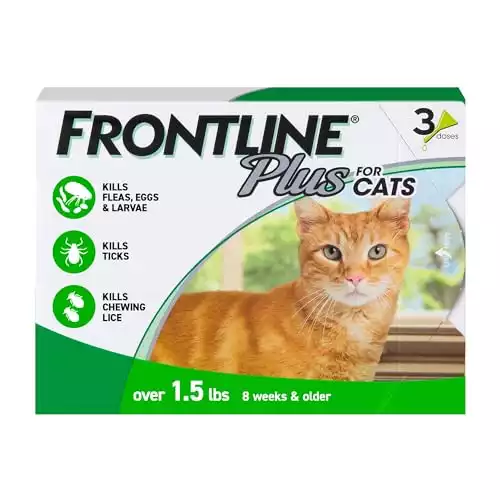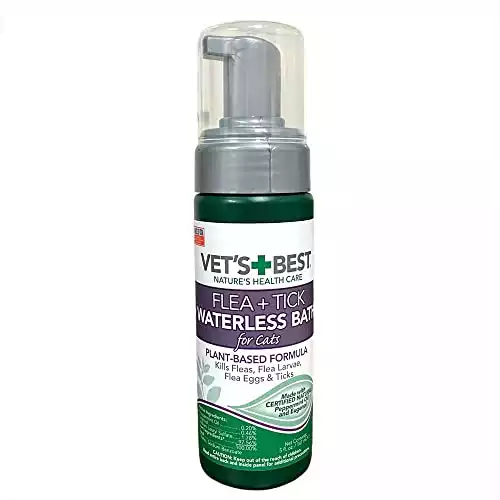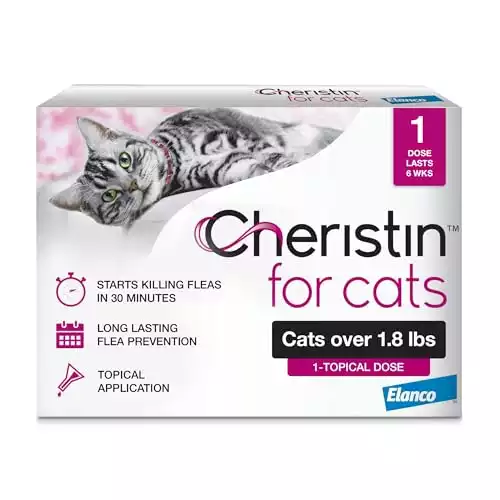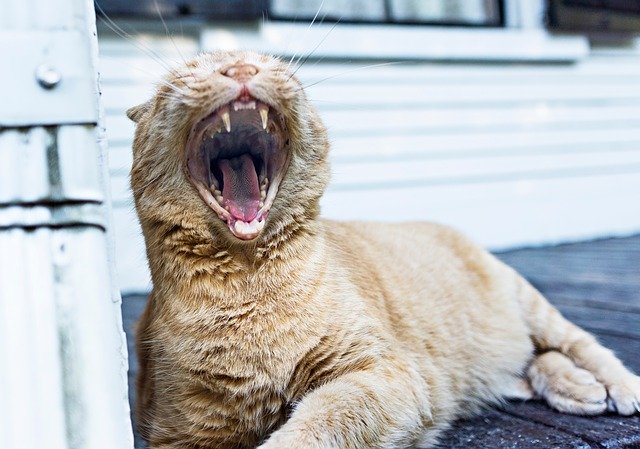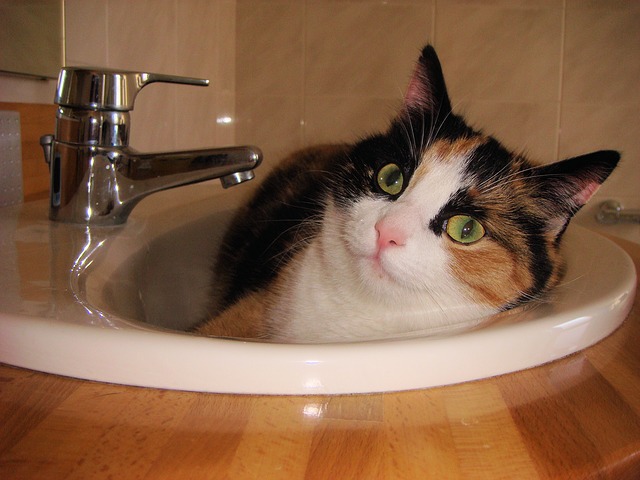How Do Indoor Cats Get Fleas? here’s What you Must know!
Fleas can be a serious problem for both pets and pet guardians. As small as they might be, these critters can cause allergic dermatitis and a variety of skin problems.
Moreover,
If you’ve ever asked yourself the question ‘How do indoor cats get fleas?’, we’re answering it in today’s post. Read on to find out more!
Indoor cats can get fleas (as well as a variety of other external parasites) in many ways. You could bring them on your clothes, your
Can indoor cats get fleas?
The short answer to this question is yes!
Here are some ways in which your precious feline friend can end up with a whole flea family on their skin even though you think it could be an impossible thing to happen.
1. You might have been the one that brought them
It doesn’t happen too often, but people can be carriers of fleas.
And if you were unlucky enough to bring home a family, your
If you tend to be friendly with other animals and pet dogs or cats outdoors, you run the risk of bringing home a flea.
2. Your cat got fleas from the vet
This is actually pretty common, especially in the seasons when fleas are particularly active, such as summer.
Remember: while fleas love summer, ticks love spring and autumn best!
I remember that while I was practicing as a vet, we had to disinfect and use flea-killing solutions in the examination room at the end of every working day.
If we hadn’t this procedure in place, most of the animals that we would have seen would have gotten fleas.
A pet grooming salon can be another place where your
3. Your cat might have caught or played with a flea-infested mouse
If you live in a house or at a farm, you probably know how challenging managing your vermin problem can be.
While cats are great small rodent hunters, the issue is that the latter can transmit a number of diseases and parasites, including fleas.
4. Fleas might have come through the window
This is not going to sound too promising, but the truth is that fleas can just get into your home if you leave a window open and there’s an animal passing through the area.
This means that if a raccoon, a dog, or any other animal that could carry fleas might have visited your neighborhood, a flea could get inside your home.
And once it finds a host like your
5. The fleas might have been there if you’ve just moved in
This is a premise that not too many people like, but fleas can survive in people’s homes for years and years, if they are not decimated appropriately.
We’re going to discuss this later on a bit more, but for example, some of the perfect hiding places for fleas are carpets, couches, and even pillows.
Technically, fleas tend to prefer animals, but they’ll eat any type of blood if they don’t have access to animal one – so they’ll cause itchiness and rashes in people, too, so in you!
Fleas aren’t just a nuisance
Dermatitis
If you don’t treat your
And once this happens, it can be pretty challenging to treat. Flea bites stress a
Try to put yourself in your
If there are hundreds of fleas roaming on your body and at least 4 or 5 of them are biting on your skin every second, how would you feel about it?
Anemia
Lots of fleas means there are lots of critters consuming your
On top of the so-called mechanical reason why flea infestations can lead to anemia in cats… they also transmit a blood parasite called Mycoplasma haemofelis, which also causes anemia.
They transmit other diseases
As previously mentioned, fleas can be vectors for a variety of other parasites and even bacteria.
For example, they are known to transmit the following diseases:
- Tapeworms
- Bartonellosis (Cat Scratch Disease)
- Feline Hemotrophic Mycoplasmosis – also known as Haemoplasmosis & formerly known as Haemobartonellosis (caused by the Mycoplasma spp. that we just mentioned)
Treating fleas on indoor cats
There are many ways of treating fleas on indoor cats. These days, there are shampoos, spot-on solutions, and even oral medication.
But every
The reason for this is that these insecticides can be quite dangerous especially for kittens and geriatric cats, whose immune systems aren’t as good as fending off such ‘attacks’ from drugs as those of healthy adult cats.
This is one of the reasons why most vets recommend against deworming your
Humans can get fleas from cats too, so make sure you pay attention to your
My favorite anti-flea products:
- Advantage II Flea Prevention and Treatment for Large Cats ($$$)
- Vet’s Best Flea and Tick Home Spray for Cats ($)
- Frontline Plus Flea and Tick Treatment for Cats ($$)
- Vet’s Best Flea and Tick Waterless Bath Foam for cats ($)
- Cheristin for Cats Topical Flea Prevention ($)
| Product Image | Product Name / Primary Rating / Price | Primary Button |
|---|---|---|
|
||
|
||
|
||
|
Preventing fleas on indoor cats
When it comes to indoor cats and fleas, things are usually easier to handle than with outdoor cats.
If your
Things are a little different with indoor cats.
You could practice good prevention by administering flea medication once every 6 to 7 months or you could just keep an eye on your
Many indoor cats never end up getting any fleas. I do give my
But I prefer to wait until the moment she does get fleas to apply a spot-on solution. I am not a huge fan of oral medication, although I do have to admit that it’s very convenient in killing both internal and external parasites.
However, oral antiparasitic medication usually puts some stress on the animal’s liver, so I recommend against administering it to kittens and seniors, as well as cats who have a chronic disease.
Read more:

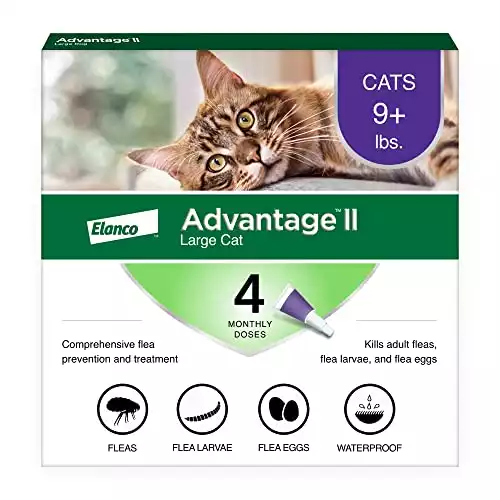
![Vet’s Best [Flea] and Tick Treatment Home Spray, lant-Based Formula for [Cat]s, 32 Ounces](https://myfelinebuddy.com/wp-content/uploads/2024/01/41nWkhUno-L._SL500_.webp)
